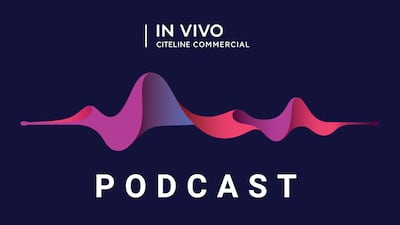For much of the 1990s, Mylan Laboratories Inc. was the dominant US generics manufacturer both in terms of financial performance and creative competitive strategies. Emerging unscathed from the generics scandals of the late 1980s, it used a combination of old- and new-style tactics to maintain its position and keep fierce competitors at bay. In some areas it led the industry, with its state-of the art, efficient manufacturing capabilities—by far the best in the industry—and its intent to use a broad product line to establish solid relationships with an ever shrinking pool of buyers. Earlier than most, it took steps to diversify and build a brand-name business to counter the cyclical nature of generics.
But Mylan is now struggling to regain its competitive edge in a changed world. Revenues grew a sluggish 7.2%, to...
Welcome to In Vivo
Create an account to read this article
Already a subscriber?







